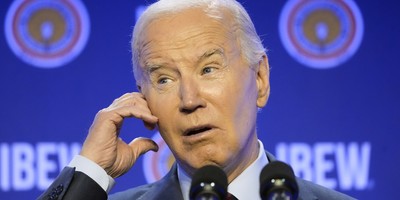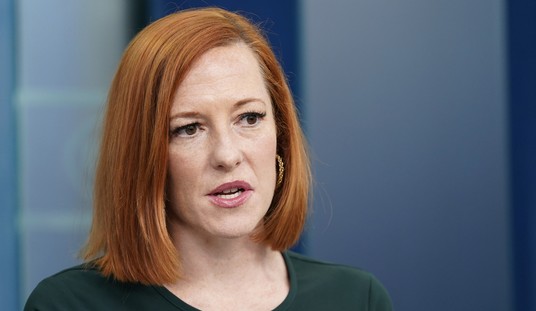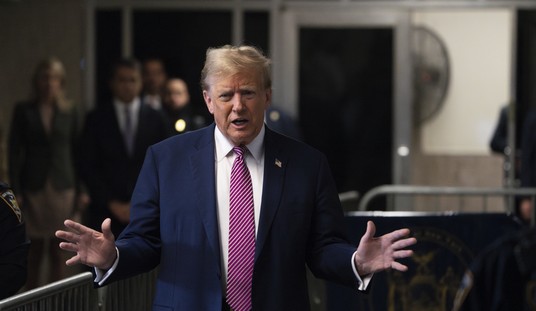If union bosses and a few industrial titans have their way, a hearing in a Washington, D.C. bureaucratic back room this week will lead to higher prices on ordinary daily goods for virtually every consumer in America.
On September 16, the Department of Commerce International Trade Commission will hold a hearing to decide if foreign paper is simply too cheap. And by that the government means to decide whether foreign suppliers of some pulp and paper products have “dumped” their products, which means they sell them at unfairly low prices.
That the hearing is taking place is something of a coup. A similar complaint was filed by a colluding cadre of unions and paper and pulp makers a few years ago and dismissed because domestic companies had not been harmed.
But the groups are back at it, hoping a different administration and an improved playbook will carry the day. To most Americans, already hit hard by a down economy, nothing seems more natural than being suspicious of foreign companies. After all, they’re the devil we don’t know.
What’s more interesting is that these fears are being exploited by the devils we do -- the pushers of a new “green protectionism.”How do we know Americans are worried about foreign competitors and products ranging from paper to tires and more? Well, a poll from the “Alliance for American Manufacturing” tells us so. Haven’t heard of that group? Here are the basics: It’s a joint effort of the United Steelworkers union and a handful of U.S. companies apparently tired of the rigors of a competitive marketplace. Its creators have deep pockets and a deeper interest in keeping out competition.
The “Alliance” -- whose head is a longtime union lobbyist -- funded the key economic “study” that triggered the government’s review of paper prices, and the document was put together by a “think tank” known as the Economic Policy Institute. That group has at least 10 of the nation’s biggest union bosses as its board of directors and has acknowledged a third of its funding has come from labor unions. And don’t forget that EPI took in a cool $100,000 from the Steelworkers in 2009.
Recommended
About 100 politicians then referenced that “study” in a letter asking the president to support action against foreign competitors.
Look beyond the specifics of the case and one thing is abundantly clear: the public is likely to get skewered because far-left special interests in the Big Labor and Big Environment camps have figured out how to rig backroom hearings.
Despite long-held resentment, union bosses and professionally run environmental PR machines have increasingly worked to find common ground in recent years and they have come up with a frighteningly efficient special-interest playbook -- one that has been successful at getting bad ideas more consideration than they deserve.
The groups have set aside their differences to push carbon tariffs, which would have the effect of making foreign goods dramatically more expensive. They have teamed up to push for government handouts of “green” projects (so long as they use “green jobs” and associated training programs that are generally difficult for non-union employees to access).
There are entire organizations now, going by names like the “BlueGreen Alliance” and the “Apollo Alliance.” Different names but the same goal: In each case, green groups get to dictate what consumers consume, and labor bosses dictate who makes the products and for which (inflated) prices.
And despite their apparent disdain for trade, these groups are importing campaigns that have already harmed consumers elsewhere in the Anglosphere.
To see the future in America, look no further than the experience of paper and pulp makers abroad. An analysis from Australia’s Institute of Public Affairs found that collusion among the World Wildlife Fund (WWF), Greenpeace, a major trade union, and local companies would cost consumers 42 percent more for a product like toilet paper.
Should collusion carry the day in the U.S., domestic consumers would see massive tariffs on foreign goods, which will allow producers like Sappi, NewPage, and Appleton to raise their prices (even as they have, incredibly and unconscionably, accepted tens of millions of taxpayer dollars in U.S. “black liquor” renewable resource tax credits for burning byproducts with diesel).
All of which is a long way of getting to one point: the paper fight is just the most recent symbol of the growing threat of “green protectionism.”
George Landrith is the President of the Frontiers of Freedom Institute, a member of the recently launched Consumers Alliance for Global Prosperity.

























Join the conversation as a VIP Member